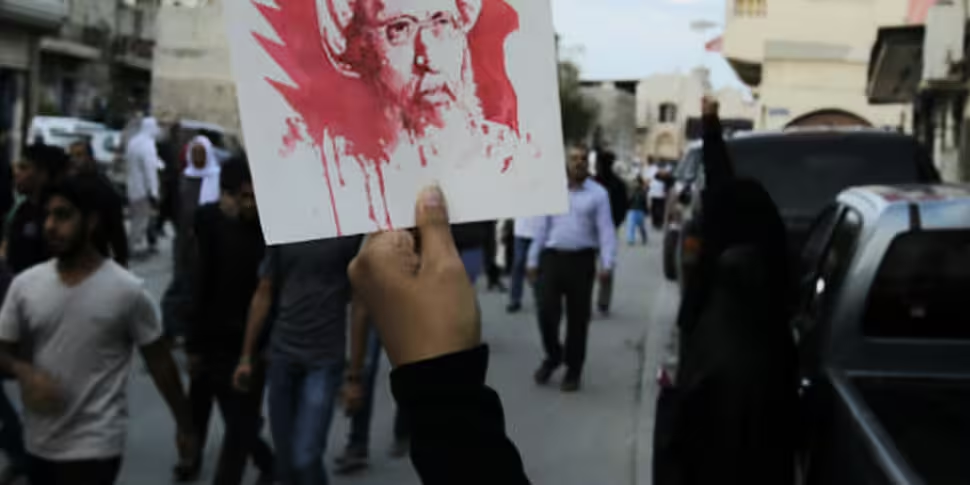Saudi Arabia has announced it is severing diplomatic ties with Iran and evacuating all diplomatic staff from the country.
It follows an attack on the Saudi embassy in Tehran last night, when protesters outraged at the execution of Shia imam Nimr Al-Nimr vandalised and set fire to the embassy compound.
Saudi Arabia's Foreign Minister Adel al-Jubeir has announced the removal of its diplomatic staff, and asked Iran's diplomatic mission to leave within 48 hours. He accused the Iranian government of negligence, if not complicity, in last night's embassy attack:
"If the Iranian government is not involved, it hasn't done the job properly to protect a diplomatic mission on its soil," he said in a press conference.
When asked if he would consult with the UN, he added that the Kingdom is "considering all options [and] will do what is necessary in order to guarantee our rights."
US officials had urged the Saudi government and other Middle Eastern leaders to "redouble efforts aimed at de-escalating tensions".
Al Nimr, 56, was a driving force behind anti-government protests in Saudi during the Arab Spring of 2011 and Riyadh has insisted that the death penalties were part of a justified war on terrorism.
There have also been outbreaks of unrest in Bahrain, where demonstrators took to the streets, and in the eastern Iranian city of Mashhad, where the Saudi consulate was the scene of protests.
Also, the leader of Lebanese Shia militant group Hizbollah strongly condemned Saudi Arabia.
Hassan Nasrallah called Al Nimr a brave martyr and holy warrior, who did not carry weapons or espouse armed conflict and was killed only for his criticism of the Al Saud ruling family.
Iran is ruled by a majority Shia-led government and some of its politicians have warned that Saudi's monarchy will pay a high price for the killing of Al Nimr.
Meanwhile, former Iraqi prime minister Nouri al Maliki said the execution "will topple the Saudi regime".
The violent protests came despite an appeal by Al Nimr's brother for a "peaceful" response to the execution, who said his family did not want to see further bloodshed.
Most of those executed were detained after a series of attacks by al Qaeda between 2003 and 2006 in which hundreds of people were killed. Four, including Al Nimr, were Shias accused of shooting police.
All but two - an Egyptian and a Chadian - were Saudi nationals. The executions took place in 12 cities across Saudi, with four prisons using firing squads and the others beheading.
Last year, 157 people were put to death in Saudi Arabia, compared to 90 in 2014.









